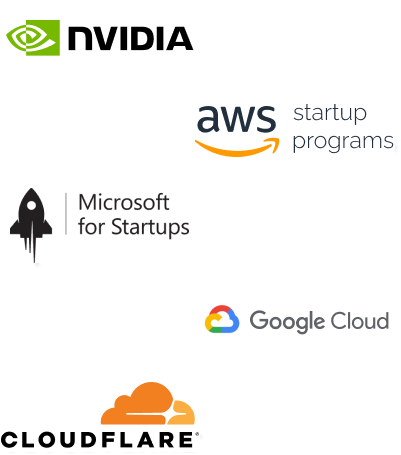- Home
- Services
- IVY
- Portfolio
- Game Dev
- Blogs
- About Us
- Contact Us
- Sun-Tue (9:00 am-7.00 pm)
- infoaploxn@gmail.com
- +91 656 786 53
Artificial Intelligence (AI) is transforming industries worldwide, providing powerful tools to enhance efficiency, solve complex problems, and drive innovation. With AI advancing at an incredible pace, understanding the different types—such as Narrow AI, General AI, and Superintelligent AI—becomes essential for professionals, businesses, and curious individuals alike. Each type of AI offers unique capabilities suited to specific challenges, and familiarity with these distinctions can empower anyone looking to leverage AI’s full potential.
Whether in healthcare, finance, or manufacturing, the impact of AI technologies is undeniable, streamlining processes and enhancing decision-making. Narrow AI, for instance, is already helping doctors diagnose diseases and enabling financial institutions to detect fraud. By understanding these AI categories, organizations can align technology choices with their goals, making informed decisions to drive growth and efficiency.
Table of Contents
Artificial Intelligence spans a broad range, from specialized, task-oriented systems to future-facing concepts that aim to replicate or even surpass human-level cognition. Here’s a comprehensive breakdown of the main types of AI.
Narrow AI, also known as Artificial Narrow Intelligence (ANI) or Weak AI, is designed to perform specific tasks within a limited domain. It’s the most common type of AI today, functioning effectively within set parameters but unable to operate outside its designated scope.
Applications: Examples of Narrow AI include:
Limitations: Narrow AI is bound by its programming and cannot generalize learning across different tasks, limiting its adaptability in unfamiliar situations.
General AI, or Artificial General Intelligence (AGI), represents an advanced form of AI that aims to replicate human cognitive functions across a wide array of tasks. Unlike Narrow AI, AGI aspires to exhibit the versatility, learning, and adaptability that characterize human intelligence.
Applications: Though AGI is still theoretical, potential uses could include:
Challenges: Achieving AGI involves overcoming significant technological and ethical challenges. The computational resources required for such advanced AI are immense, and questions about autonomy, decision-making, and societal impact present additional hurdles.
Strong AI is a theoretical form of artificial intelligence that would possess consciousness, self-awareness, and the ability to process emotions and understand nuanced social interactions. It represents a deeper level of AGI, capable of independent reasoning and self-reflection.
Applications: Although Strong AI remains hypothetical, it could serve roles requiring empathy and emotional intelligence, such as:
Ethical Implications: Strong AI raises profound ethical concerns regarding autonomy, accountability, and the potential for AI to develop goals and values separate from human intentions. Ensuring the ethical design of such systems would be paramount.
Superintelligent AI would surpass human cognitive abilities across all domains, from scientific research to social intelligence. This hypothetical AI would outperform humans in virtually every intellectual task, opening unprecedented possibilities for innovation.
Applications: Possible uses of Superintelligent AI include:
The concept of superintelligent AI presents significant risks, including the potential loss of human control over powerful systems and unforeseen impacts on economies, privacy, and societal stability. Thoughtful regulation and ethical safeguards would be crucial to its responsible deployment.
Artificial intelligence encompasses various types, each offering unique contributions to industries worldwide. From Narrow AI’s specialized capabilities to the ambitious potential of AGI, Strong AI, and Superintelligent AI, understanding these types equips individuals and organizations to make strategic, informed decisions.
AI is more than a tool; it’s a transformative force redefining how we interact with technology and each other. As AI continues to advance, staying informed about its capabilities and limitations is essential to harness its full potential responsibly. Moving forward, society will benefit from a balanced approach that embraces AI’s possibilities while remaining vigilant about ethical challenges, ensuring that these technologies drive positive impact and align with human values.
At Indus Valley, we are committed to developing cutting-edge AI solutions that empower businesses to thrive in this rapidly evolving landscape. By partnering with clients to integrate AI technologies thoughtfully, we help organizations unlock AI’s potential to drive efficiency, innovation, and growth. As we move forward, Indus Valley remains dedicated to building responsible AI that makes a positive impact, paving the way for a more intelligent and connected future.
Imagine reducing your operational costs by up to $100,000 annually without compromising on the technology you rely on. Through our partnerships with leading cloud and technology providers like AWS (Amazon Web Services), Google Cloud Platform (GCP), Microsoft Azure, and Nvidia Inception, we can help you secure up to $25,000 in credits over two years (subject to approval).
These credits can cover essential server fees and offer additional perks, such as:
By leveraging these credits, you can significantly optimize your operational expenses. Whether you're a startup or a growing business, the savings from these partnerships ranging from $5,000 to $100,000 annually can make a huge difference in scaling your business efficiently.
The approval process requires company registration and meeting specific requirements, but we provide full support to guide you through every step. Start saving on your cloud infrastructure today and unlock the full potential of your business.

